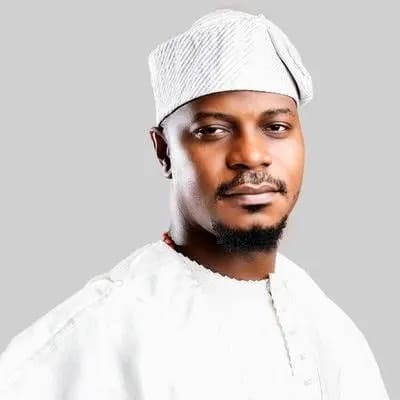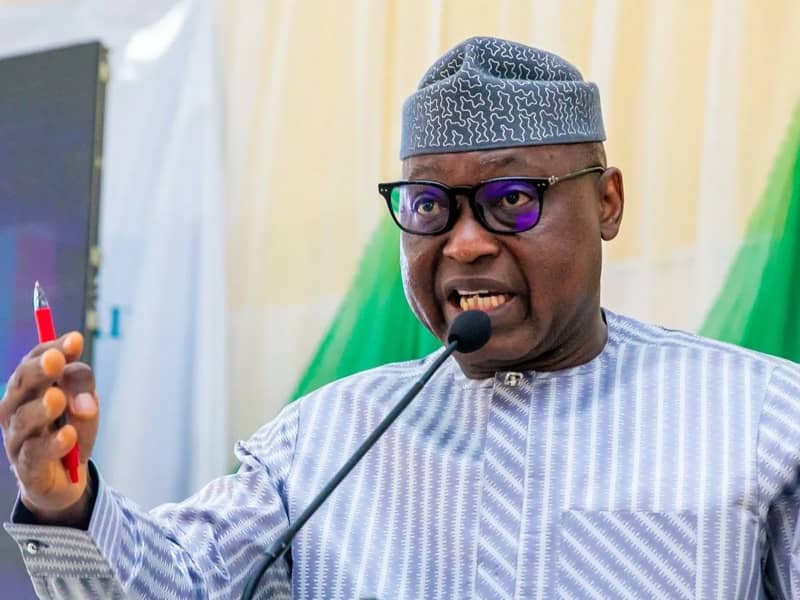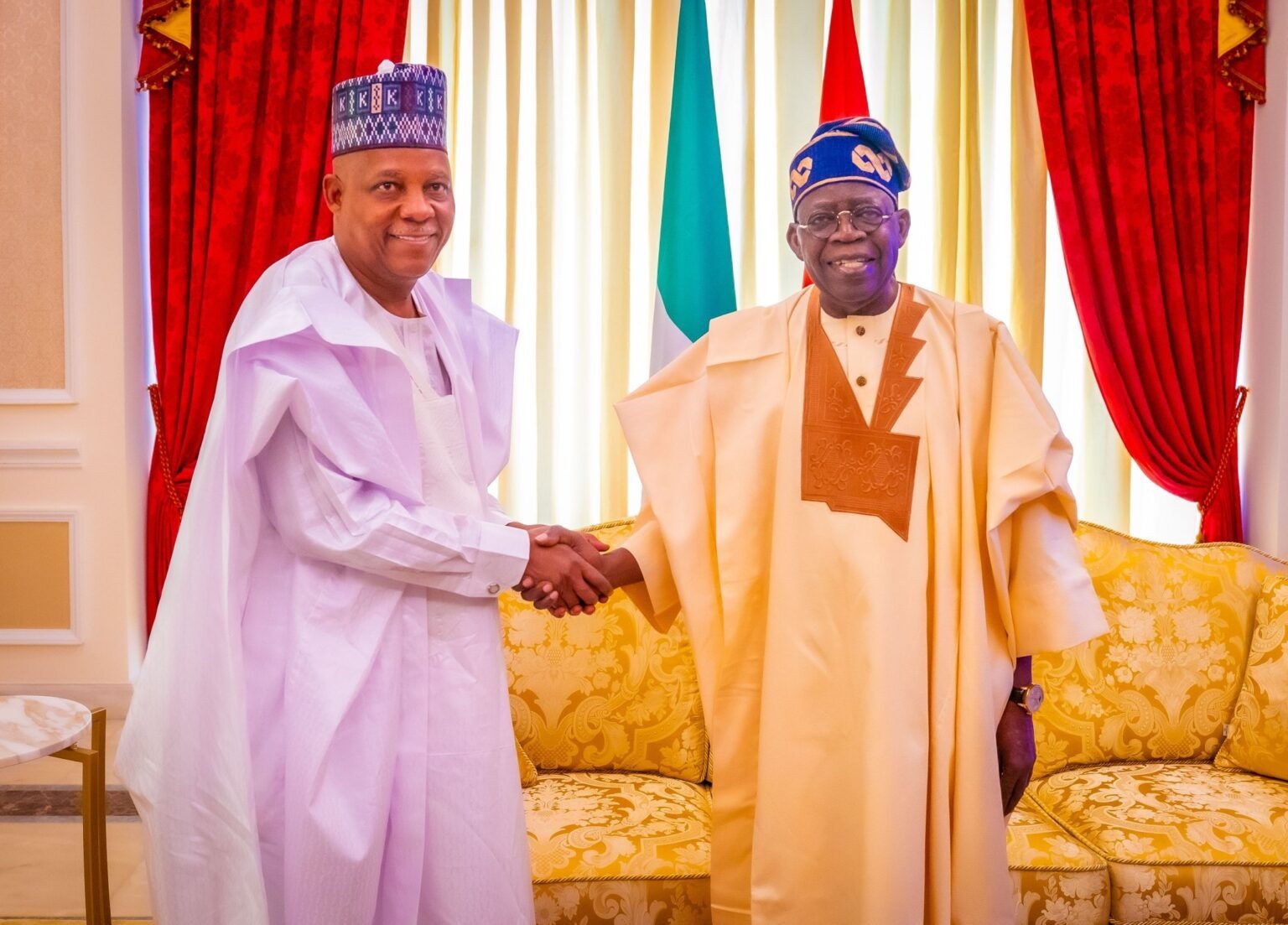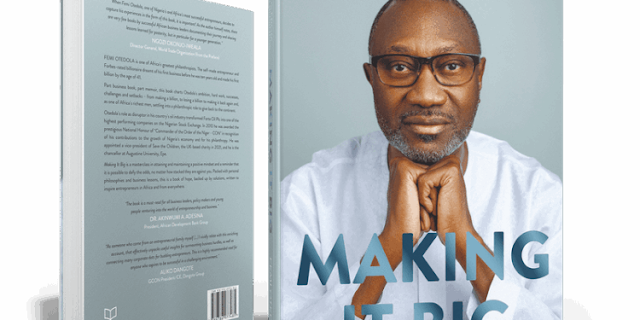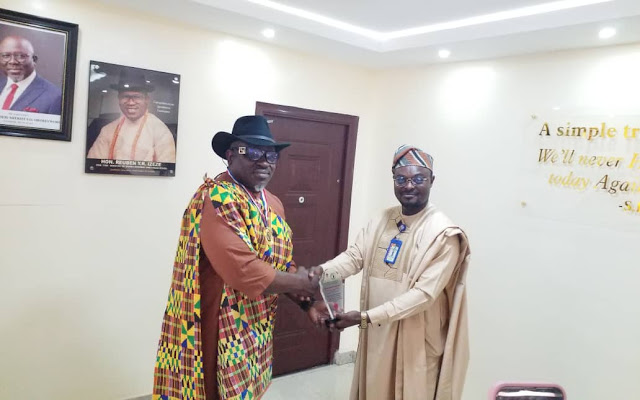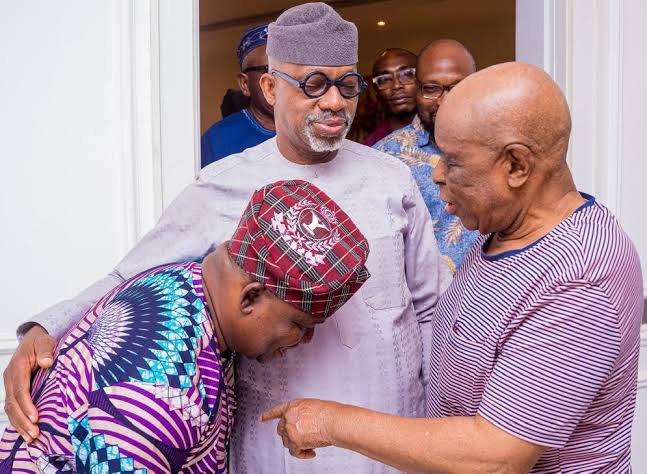
There is a growing conversation in Ogun State as the 2027 governorship contest begins to take shape. Senator Solomon Olamilekan Adeola, widely known as Yayi, has emerged as a popular aspirant whose ambition is already giving many citizens renewed hope about the future. Yet, alongside this enthusiasm, some voices have begun to argue that because the current governor, Prince Dapo Abiodun, is a Christian, the next governor should necessarily be a Muslim. This claim has attracted attention, but it deserves a closer and more honest examination.
Those who push this line of thought often point to the fact that since 1999, Ogun State has had more Christian governors than Muslims. They argue that this imbalance should now be corrected by deliberately electing a Muslim governor in 2027. While this agitation may sound like a call for fairness, it is not based on any constitutional rule, nor is it a standing political tradition in the state. It is, at best, a demand shaped by sentiment rather than by law or democratic principle.
The first thing to note is that the Constitution of the Federal Republic of Nigeria makes no such demand. Nigeria is a secular state by law, and the Constitution forbids both the Federal and State governments from adopting any religion as the official religion. Citizens are guaranteed freedom of thought, conscience, and religion. Nowhere does the law require that offices must be shared strictly along religious lines, and no section provides that succession from one administration to the next should be dictated by faith.
Recent national politics also show that succession is not determined by faith. Former President Muhammadu Buhari, a Muslim, was succeeded in 2023 by another Muslim, President Bola Ahmed Tinubu.
The simple truth is that the presidency has never followed a fixed pattern of religious alternation. Elections have been shaped by competence, political structures, party strength, regional dynamics, and public perception of candidates, not by a rule that says one faith must automatically follow another. Even in 2023, when Nigeria elected a Muslim president and a Muslim vice president, it was controversial, but it showed clearly that religion alone has never been a binding determinant of who holds office.
This is why the argument that Ogun State must produce a Muslim governor in 2027 simply because the incumbent is a Christian does not hold much weight. It reduces leadership selection to a matter of quotas instead of qualifications. Religion may be central to people’s lives and communities, but it does not translate into competence. As a common saying goes, “Actions speak louder than words.” What matters more in leadership is a candidate’s record, their plans for education, healthcare, infrastructure, and jobs, and their ability to unite people across different backgrounds.
A Yoruba proverb reminds us that “One finger cannot lift a heavy load.” Governance is about teamwork, inclusion, and service; the faith of the governor should not be the yardstick for measuring these qualities.
None of this is to say that calls for fairness or inclusion should be dismissed. Every community wants to feel represented, and dialogue about balance is a natural part of politics. But turning religion into a rigid rule for leadership risks creating division where unity is needed most. Instead of asking whether the next governor is a Christian or Muslim, the better question is whether the next governor will be competent, transparent, and committed to improving the lives of all citizens regardless of faith.
In the end, religion is an important aspect of Nigeria’s social fabric, but it should not be used as a measuring stick for leadership. Citizens have the right to worship freely, and candidates have the right to contest based on merit. What Ogun State needs in 2027 is not a governor chosen because of their religion, but a governor chosen because of their ability to deliver. Leadership should be about service, not symbols, and competence should always take precedence over creed.
– Amidu S .Adio a Public Affairs Commentator and Analyst writes from Yewa, Ogun State.


